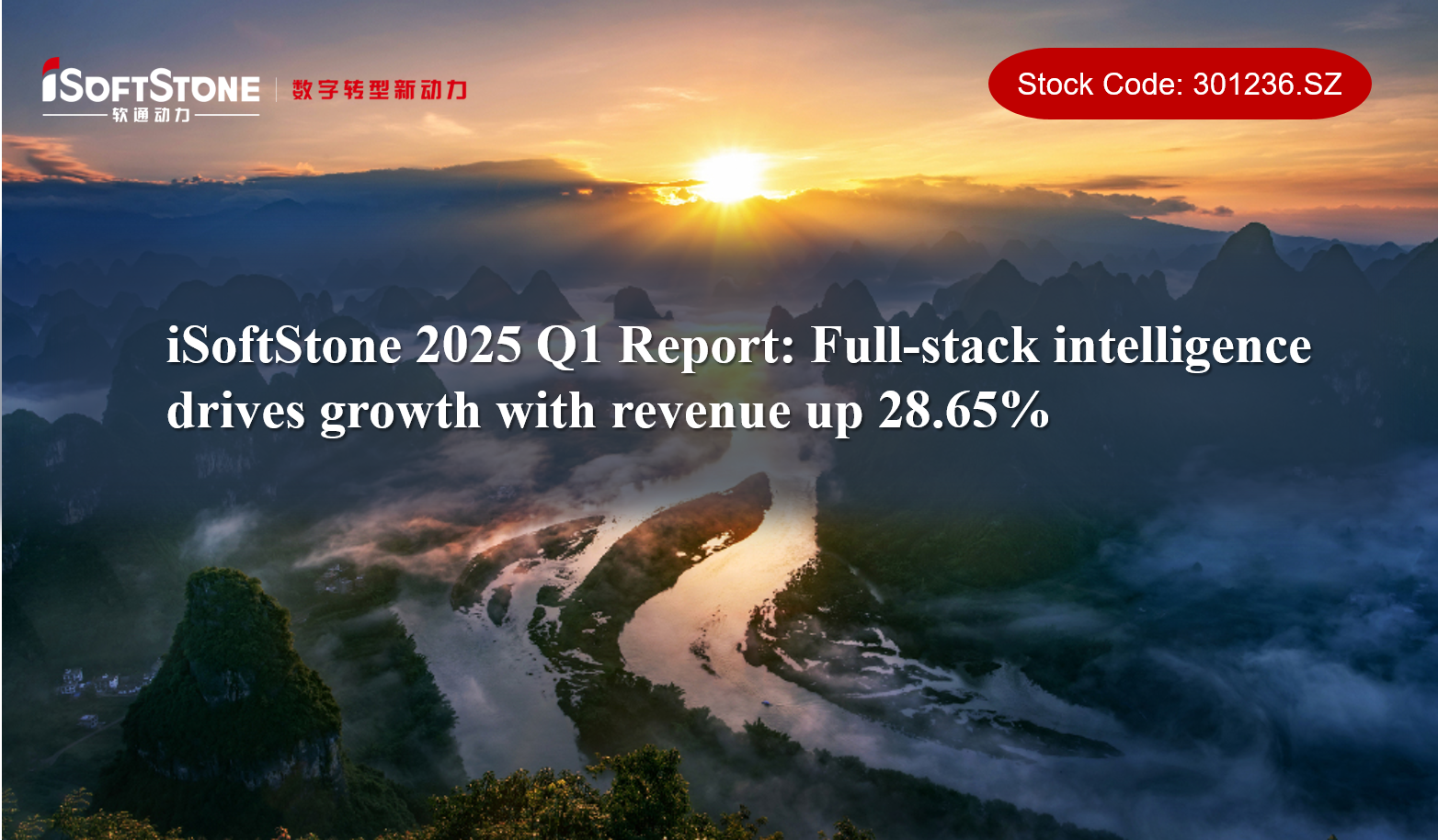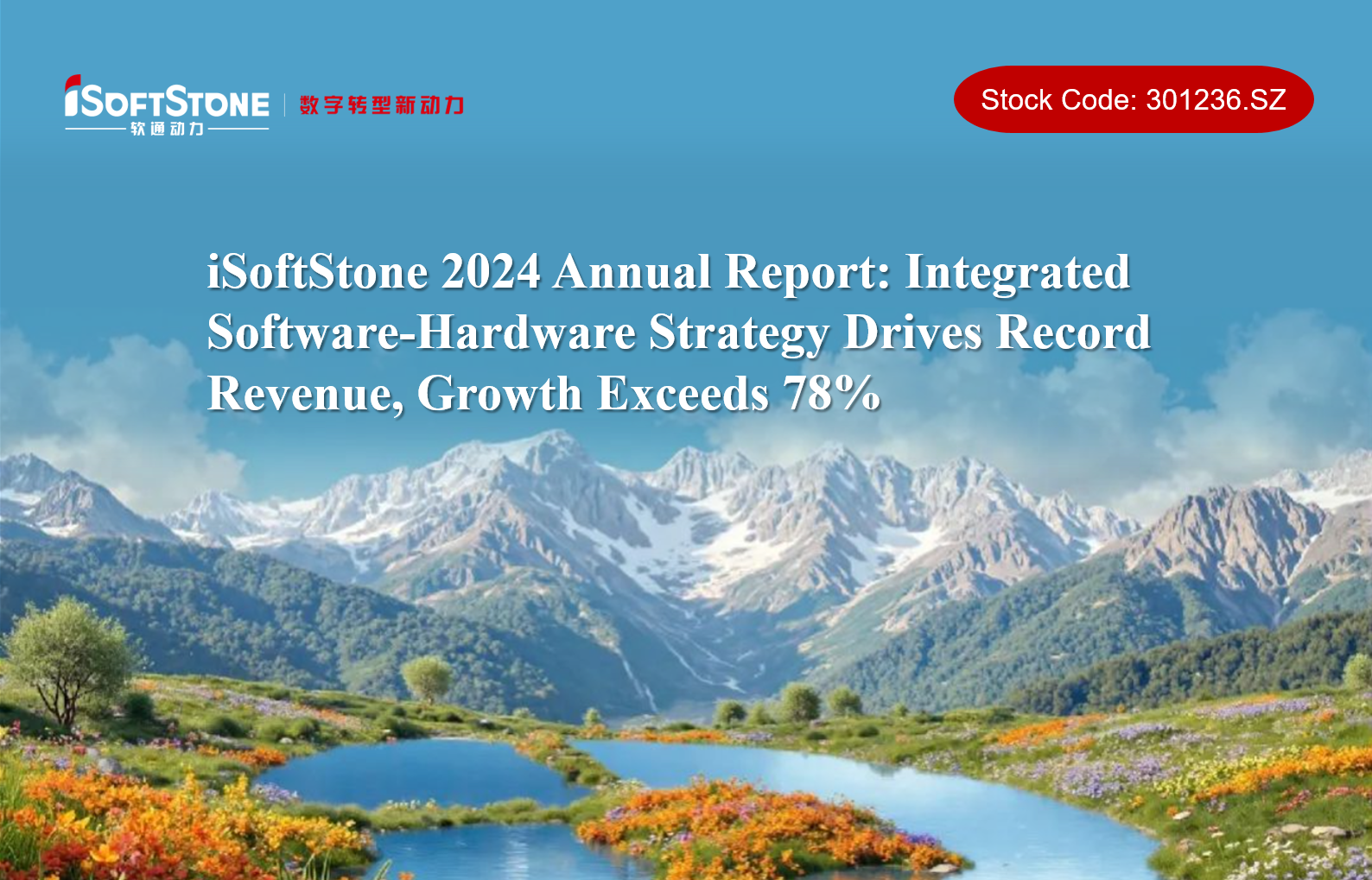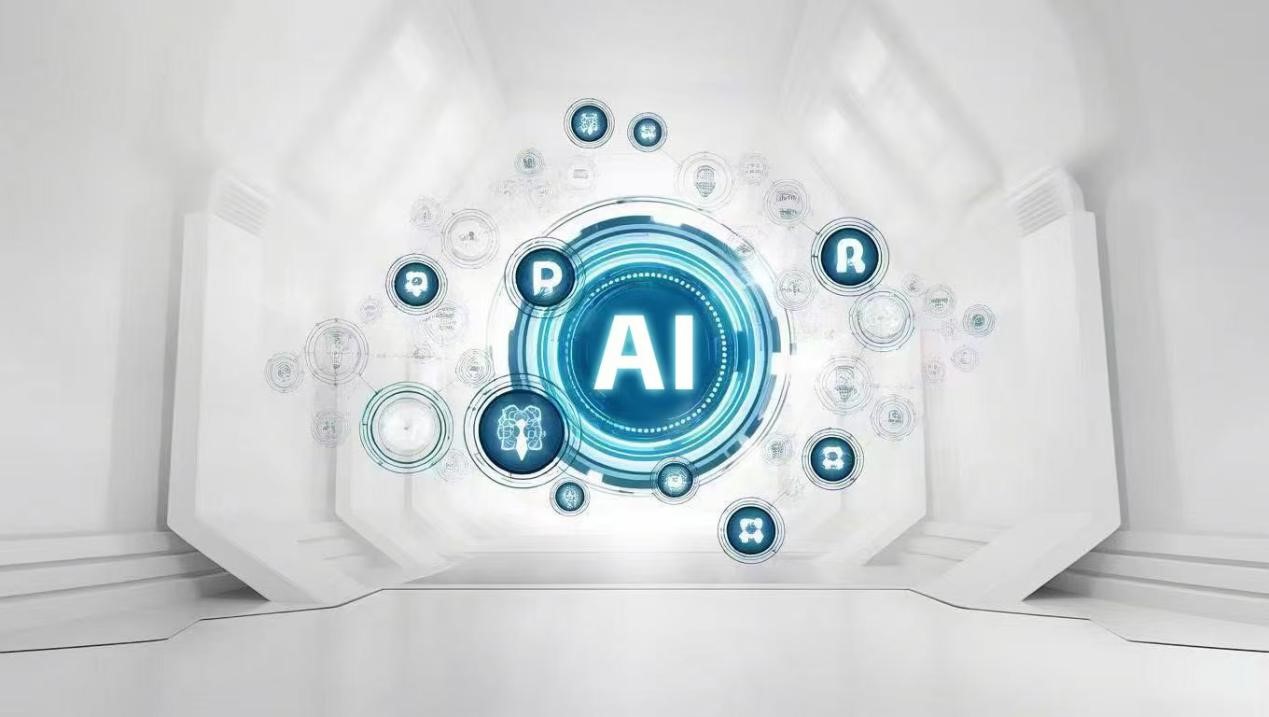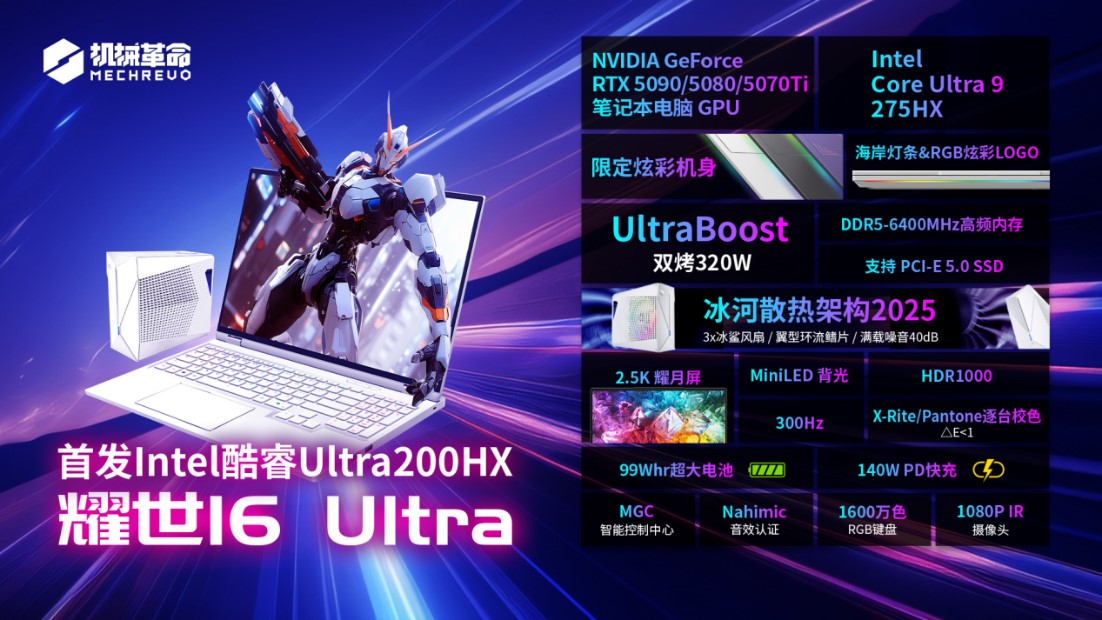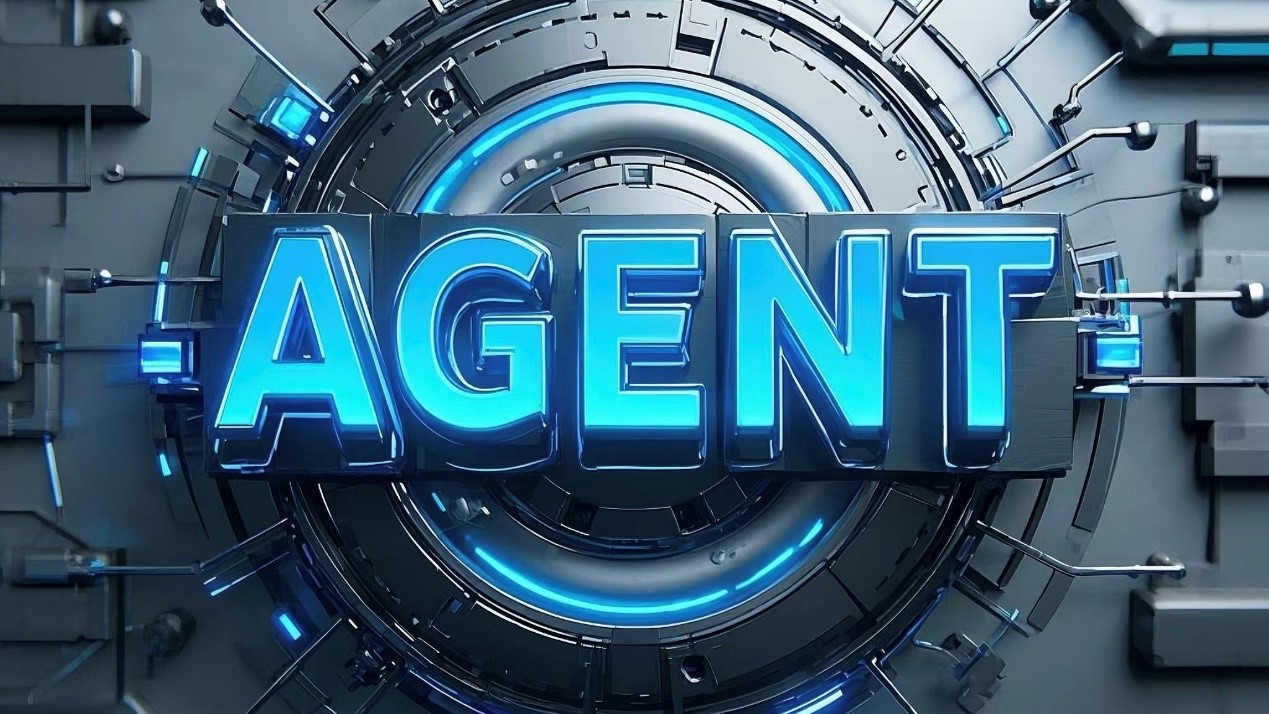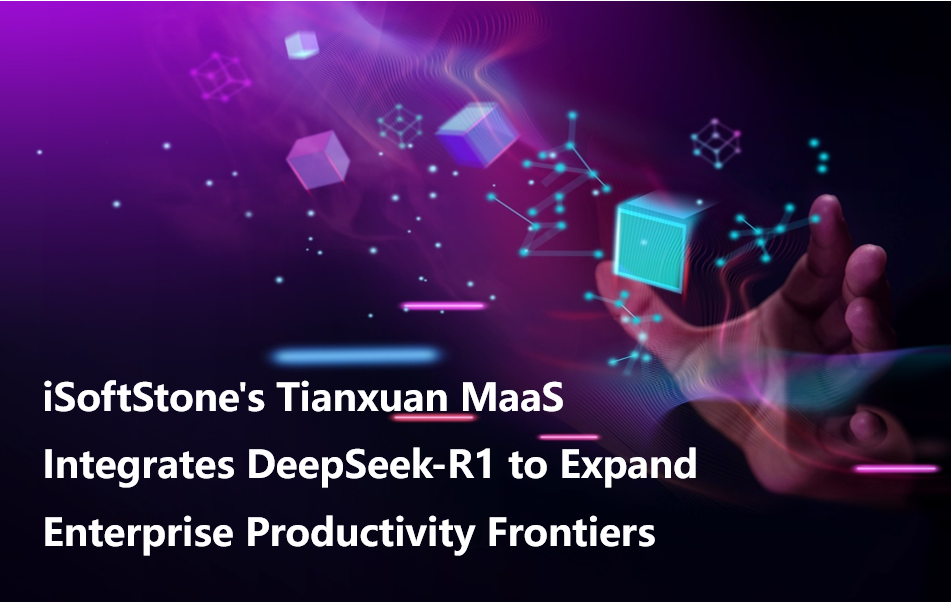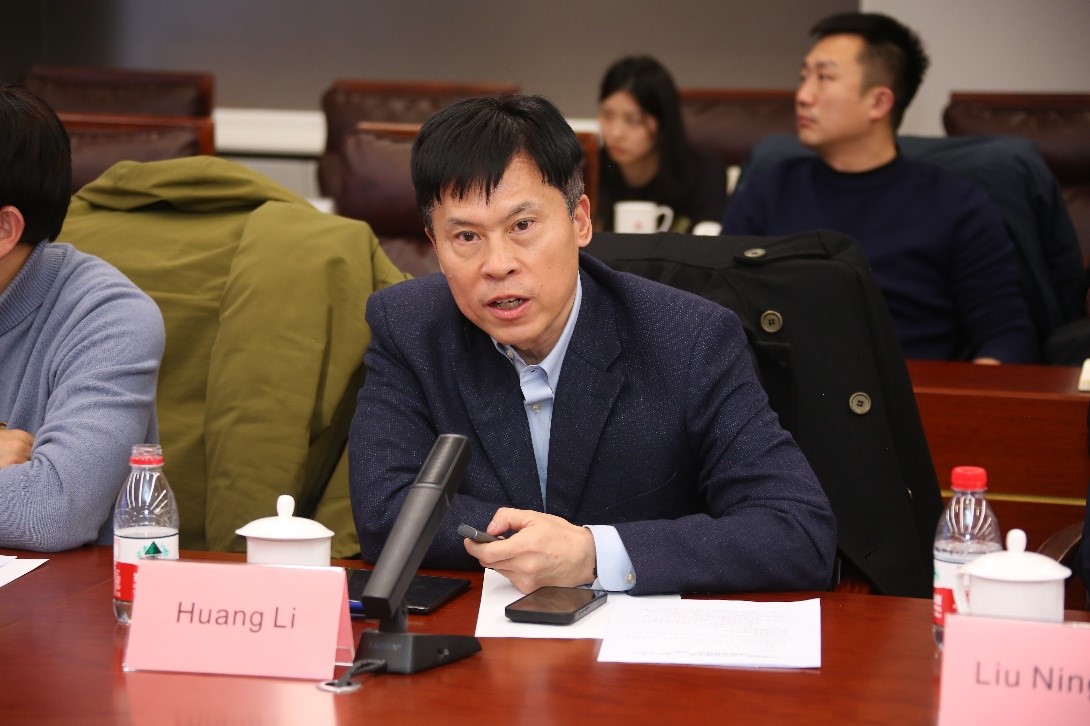
iSoftStone taps the potential of AI underlying technology
Knowledge graph is the stepping stone from big data to artificial intelligence, and the foundation to shift from artificial intelligence to interpretable cognitive intelligence. The development of knowledge graph technology is of great guiding significance for the integration of multi-source heterogeneous data, large-scale industry knowledge mining and wider intelligent application of knowledge.
As one of the crucial technologies of underlying AI, knowledge graph can be used to quickly describe the concepts of things and their interrelationships, and is widely used in intelligent search, intelligent Q&A, personalized recommendation, intelligence analysis, anti-fraud and other fields. Knowledge graph, built upon data, is also the most direct manifestation of data ability.

Using the construction tool and management platform developed based on knowledge graph, iSoftstone processes and visually displays multi-source heterogeneous data and multi-dimensional complex relationships, so as to effectively integrate big data and AI tasks to offer services such as effective domain knowledge integration, exploration of chain of interests and values, decision-making, and prediction and analysis.
In recent years, the company has promoted its knowledge graph building capabilities to intelligent travel, logistics, tourism and other sectors, enabling them to form knowledge graphs in their fields. Among these, the standard address database knowledge graph is composed of a series of atom capacity and tools, which can convert enterprise and regional address data into knowledge graph through Neo4j map database storage, manage knowledge graph, and retrieve answers in knowledge graphs. Compared with traditional keyword search, the knowledge graph can bring more accurate and comprehensive information for users. Knowledge graph, built with city as a unit, is estimated to have a scale of one million. The ontology of knowledge graph of standard address library includes two types: enterprise and address. And the system application consists of three modules, namely knowledge import module, knowledge management module and knowledge graph application module.
The knowledge management module includes knowledge editing, address exit and graph visualization, among which knowledge editing can handle various editing requirements of graph data, such as address renaming, address merging, address adding, address modifying, address alias modifying and enterprise organization name.
The knowledge graph application module offers search, input association, abnormal address judgment, address error correction, address extraction and address similarity judgment. Among them, information extraction can extract the address in a text containing enterprise address for structural display. Also, the module can automatically judge whether the address is wrong after being given an address. It will check whether the addresses at all levels exist, if not, supplement and correct the address.
iSoftStone has formed the ability to build data-based, knowledge-oriented and application-driven knowledge graph, and its industrial application has won unanimous praise from customers. Amid the prosperous development of knowledge graph technology application scenarios, iSoftStone, with its knowledge graph construction ability, can bring a global knowledge base to enterprises, explore the value of unstructured address data, activate the data value under different application scenarios, and facilitate digital transformation, intelligent upgrading and integration innovation of various sectors.
Read more:
As a leading software and IT service provider in China, iSoftStone is committed to continuously improving the value of customers with digital technology. In the field of artificial intelligence, it established an artificial intelligence research and innovation center (AIC), focusing on the core technologies and algorithms of cutting-edge technologies such as natural language understanding, knowledge graph, multi-round dialogue, intelligent question and answer, intelligent reasoning, self-learning and data analysis.
The AI technology platform for natural language processing developed by AIC since 2013 has formed three core functional modules, including NLP engine, knowledge graph management platform and knowledge graph construction tool, and obtained over 20 AI technology patents and software copyrights, such as NLP, deep Q&A, intelligent dialogue, intelligent reasoning, deep learning, automatic knowledge graph construction and big data management.
News
